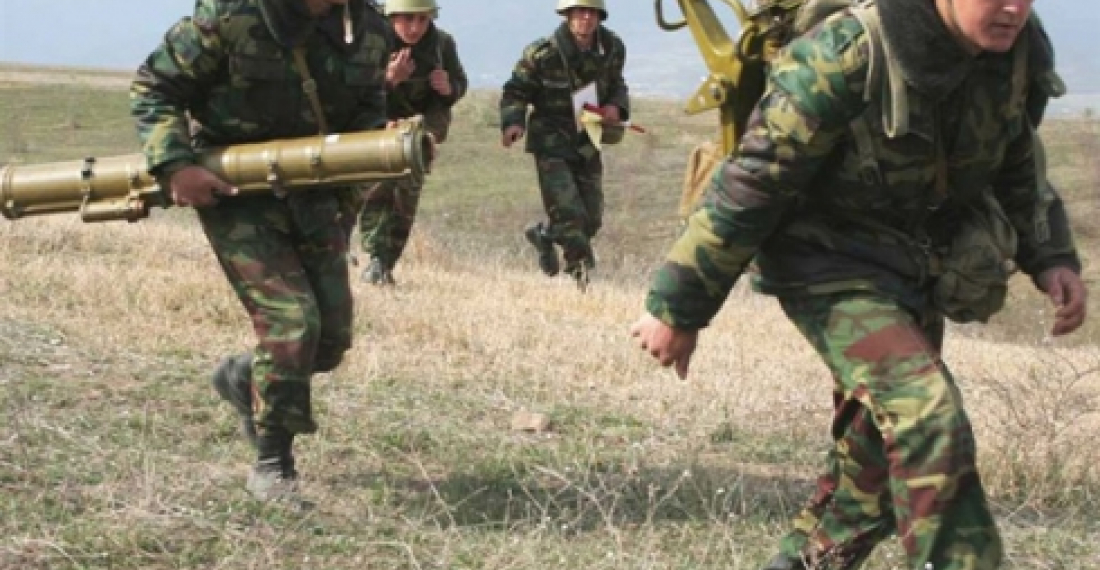Armenia and Azerbaijan report serious incidents over the weekend in the Nagorno-Karabakh conflict zone during which they claim to have killed and wounded several of their opponents. Armenia described the situation on the front-line during the weekend as tense, whilst Azerbaijan described it as a "new escalation". Both sides give different account of the incidents.
The Azerbaijani Ministry of Defence in its account of the incidents says that on August 22, Armenian forces "violated the ceasefire regime, firing with large-caliber machine guns and 60mm and 82mm mortar launchers at Azerbaijani army positions located in the Aghdam and Khojavand directions along the line of contact". According to the ministry, after a careful assessment of the operational conditions along the front line, Azerbaijani forces responded with mortal shelling of what it describes as both front line units and "units deep in the enemy defence".
The statement of the Ministry says that 5 Armenian soldiers have been killed and 8 wounded in the incident. It added that after the short but intensive gunfight, the command staff decided to temporarily cease fire in order to allow the other side to pick up the dead and aid the wounded. In its statement the Azerbaijani Defence Ministry blames the Armenian political and military leadership for the "new escalation".
Azerbaijan says that during the incident 3 Azerbaijani soldiers got light sharpnel wounds but that they have now returned to their units after having been treated at a field hospital.The Armenian side confirms incidents over the weekend but give a different account of events.
The Armenian News Agency Armenpress, citing the official spokesperson of the Ministry of Defence of the self-declared Nagorno-Karabakh Republic (NKR), said that Armenian NKR forces "made a counterattack to silence the rival's activeness". According to this source four Azerbaijani soldiers were killed and fifteen injured as a result. It does not give any figures for Armenian casualties.
By the end of the day, (Monday, 24 August) both Armenian and Azerbaijani Defence Ministries issued strong denials that they had suffered any casualties and accused each other of spreading disinformation. They both however reiterated that they had inflicted casualties on their opponents, repeating the numbers cited earlier in the day.
source: commonspace.eu with agencies
photo: Soldiers carrying mortar guns on the line of contact in the Nagorno-Karabakh conflict zone (archive picture).







